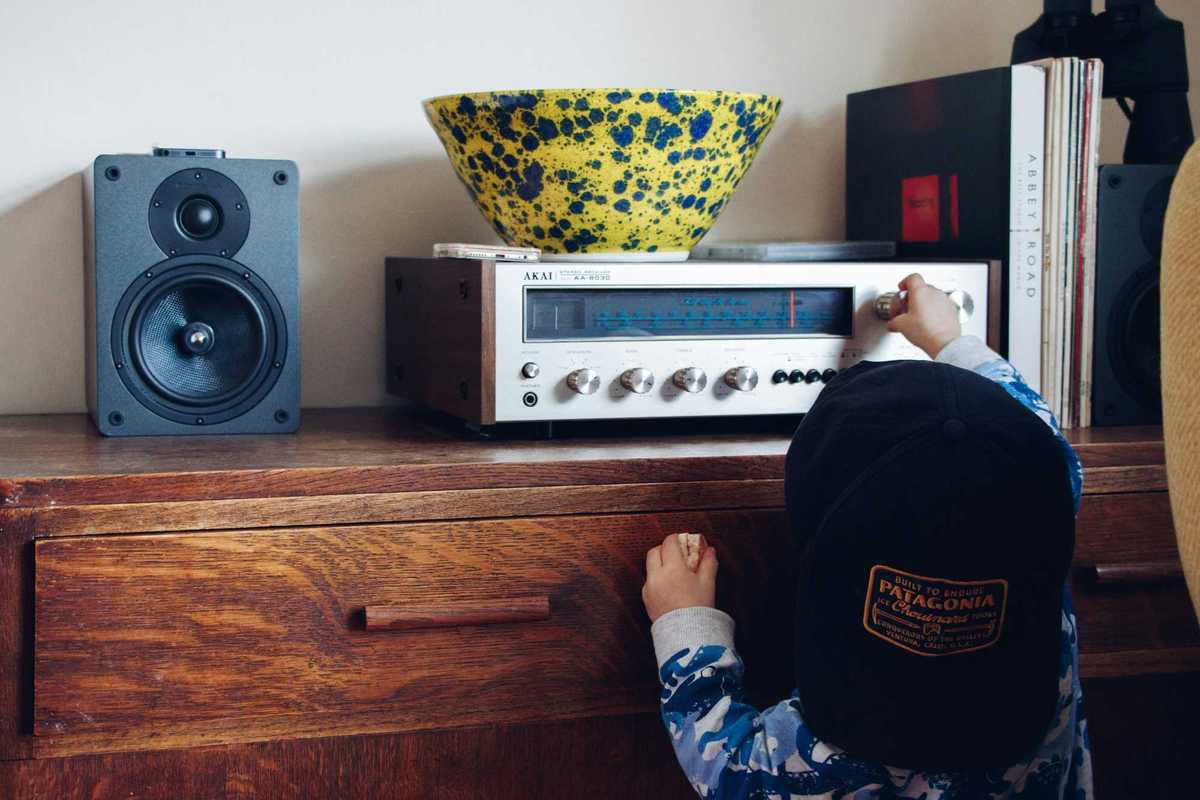IMPALA Stands With UMG on TikTok ‘Value Gap’ and Flags ‘Unintended Consequences’ With Streaming Changes
The organization states its position on how TikTok and streamers' payment models impact the indie music economy.

Independent Music Companies Association (IMPALA) has released a statement detailing its position on TikTok and the proposed changes to the payment models for music streaming, and how this will affect its members. Founded in 2000, the advocacy group has 6000 members, stemming from Europe’s small music businesses.
With regards to TikTok, the organization says it is aligned with Universal Music Group and its decision to let its license with TikTok lapse due to low compensation and AI concerns. “IMPALA supports UMG’s stance on TikTok in relation to valuing music properly,” say the organization’s chair of streaming group and CEO of Everlasting Records and Popstock Distribuciones, Mark Kitcatt. “The independent community has adopted a similar approach at various points over the years with other services, from MTV to Apple to YouTube. We also reject arguments equating the use of music on TikTok to promotion.”
IMPALA’s stance on TikTok’s lack of policing for AI generated content is also similar to what UMG addressed in its letter to artists and writers when it announced its plan to leave the platform. “services need permission for the use of music, including soundalikes and AI adaptations. The new AI framework in Europe also helps set human-centred guide rails in this regard,” says Helen Smith, executive director of IMPALA.
IMPALA also notes that it has concerns with how some streaming services — including Spotify, Deezer and Apple — are changing their payments models to artists and labels. “Adjustments can be made [by Deezer, Spotify and Apple] to avoid harm,” says the organization. IMPALA calls for a better seat at the table for smaller music companies. “Any changes in how revenue is allocated [should] be properly assessed by services in terms of the impact they create over the whole market… We also call on streaming services to consult and discuss this with their independent licensing partners before the decision is made.”
Detractors of Deezer and Spotify’s new royalty payment models say that adding a threshold for a minimum number of streams that an artist has to reach before qualifying for payment is unfair to smaller artists and companies that represent them. Also, streaming companies are considering or are already adding in penalties for music companies that facilitate music involved in streaming manipulation and fraud. For distributors that services a large scale of DIY talent in particular, this could have an outsized impact on their businesses,
To get ahead of these problems, some distributors have joined together to form the Music Fights Fraud coalition, including TuneCore, Distrokid, and CD Baby, to come up with best practices for fighting bad actors that sign up for their platforms and to establish a common database to share information on the fraudsters each service catches. IMPALA says it supports Music Fights Fraud and that addressing maniplation is a “priority” for the organization and its members.
Chair of IMPALA and head of Balkans association RUNDA, Dario Drastata, adds: “IMPALA supports collaborative reform that is sustainable and drives diversity. We seek urgent solutions to address manipulation and revenue dilution. We also need to make sure the proposals are fair to all, and we hope Merlin’s recent agreement with Deezer will contribute to this objective. It’s the only way to create a sustainable ecosystem. We believe for example that there are simple solutions for problems with thresholds that can be plugged in and will continue our constructive discussions with services to explore options. Finding the answers will ensure services are able to further develop opportunities in key markets and genres as well as across multiple languages.”
Helen Smith says, “IMPALA’s work is vital for Europe’s music economy. Independents account for over 80% of the sectors’ new releases and jobs, providing stable and exciting opportunities for artists, fans and music employees across Europe. This was also reconfirmed at IMPALA’s AGM last year, including the elimination of value gaps, and developing the digital market in all territories with great talent, huge audiences and untapped digital potential, such as in Central and Eastern Europe.“

















